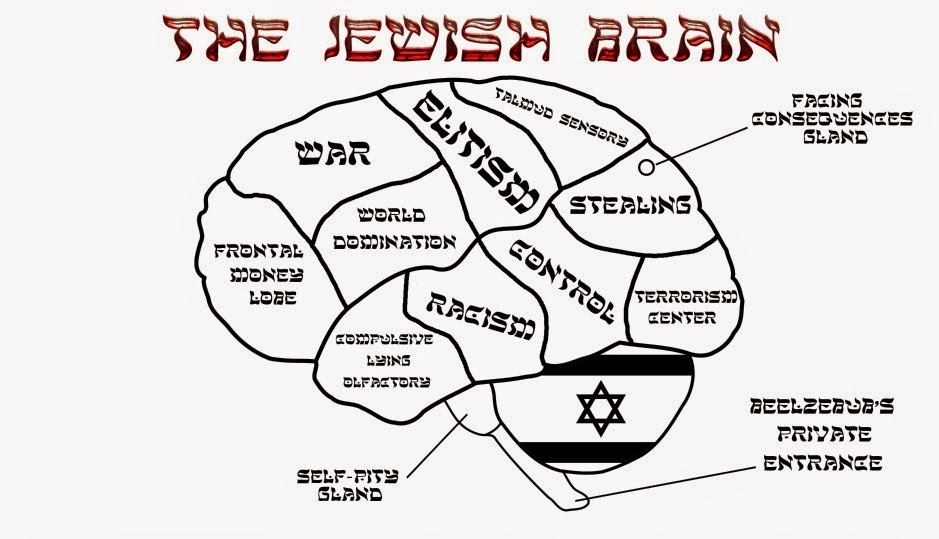After pointing to his gun and refusing to let an Arab nurse into his wife’s operating room at Soroka Medical Center, the suspect was arrested, and then released on bail and his weapon was seized by police
Haaretz
A man from southern Israel was arrested earlier this week after he brandished a gun in the middle of a hospital, while telling staff he refuses to let his wife be treated by an Arab nurse.
The suspect was arrested following the incident at Be’er Sheva’s Soroka Medical Center. He was subsequently released on bail, though police did seize his gun.
According to Israeli news sources, Soroka filed a complaint to the police on Tuesday after the incident took place. Witnesses at the scene said the man lifted his shirt and pointed to his weapon, which it was later reported he had a license to carry. According to Hebrew news outlet Yisrael Hayom, the man was heard saying to the Arab nurse who was about to enter the operation room: ‘You aren’t going in to my wife’s surgery. I have a problem with Arabs.’
Police were called to the scene, where they arrested the suspect and took him to the Be’er Sheva Police Station for questioning. After the investigation, he was released under restrictions, including bail and a ban from entering the hospital. His weapon was also confiscated.
After the incident, Soroka released a statement, saying: ‘The hospital management condemns any act of violence and expects the perpetrator to be penalized to the full extent of the law.’
The Racism Crisis Center (RCC), an initiative of the Israeli Religious Action Center (IRAC) also issued a statement: ‘We are shocked, and strongly condemn, the serious incident that took place at Soroka. This is an incident that crosses moral red lines and seriously harms the sense of security for both medical staff and patients.
‘The incident points to the dangerous radicalization of racism in Israeli society,’ the statement continued, ‘and worse, that racist incitement has reached dangerous levels.
‘The RCC emphasizes that hospitals, clinics, and any place where people receive medical treatment must remain as a protected space, where every person is entitled to receive treatment regardless of religion, race, or origin. The event undermines the basic values of equality and human dignity, which are an essential element of the public health system.’
